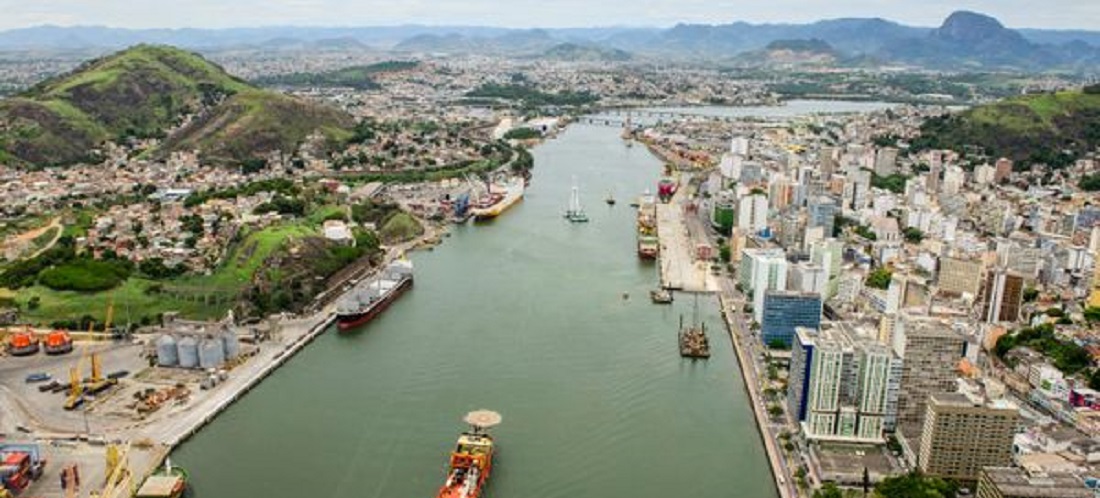
Resistance grows against port privatizations
Nov, 16, 2021 Posted by Ruth HollardWeek 202144
As preparations advance for the privatization of organized ports, resistance to the process is also growing, with sentiments shared by mayors and allies of the Jair Bolsonaro government in the Senate.
Five port administrations are in the Investment Partnership Program (PPI) portfolio: the dock companies in Espírito Santo (CODESA) and Bahia (CODEBA), the Santos Port Authority (SPA), and the ports of Itajaí (SC) and São Sebastião (SP). Codesa’s process, the most advanced of the five, is in the final stage of analysis by the Federal Audit Court (TCU) and will be under consideration by the full bench until the end of November.
Workers and owners of terminals operating in Vitória and Barra do Riacho, the Espírito Santo state-owned company’s operating area, want to curb privatization. “There was never any real conversation with the government. There was a formal public hearing, in which they listened to fulfill a formal stage, without listening or incorporating improvements”, complains the executive director of Poseidon Marítima and president of the Union of Port Operators of Espírito Santo, Roberto Garofalo.
He sees the risk of increased costs and cargo selectivity, with a preference for the future private administration of ports to expand and build new terminals to handle more profitable products, not necessarily in accordance with the public interest.
In a letter sent last week to Minister Bruno Dantas, rapporteur of CODESA’s privatization process at TCU, the national federation of port workers – the main representation of workers in the sector in the country – listed a set of reservations.
“It is essential to emphasize that the projected concession will last for 35 years, and may reach 40 years [in case of economic rebalancing of the contract], which is more likely to occur. In other words, we are talking about a profound change in the organization of a vital sector for the economy that will last for four decades”, he said.
Among the concerns are an alleged underestimation of demand and the collection of 7.5% of the annual gross revenue of the future administrator of ports in Espírito Santo, which should be transferred to the federal government as a variable grant. The fear is that rates will increase to generate enough cash. Another aspect has to do with the “valuation” (pricing) of CODESA. The minimum grant amount was reduced from R$719 million in the first proposal submitted to a public hearing to the current R$471 million.
Source: Valor Econômico
To read the full original article, access the link: https://valor.globo.com/brasil/noticia/2021/11/16/cresce-movimento-contra-privatizacao-dos-portos.ghtml
-
Steel and Aluminium
Feb, 01, 2024
0
2024 brings ominous outlook for Brazilian steel mills as Chinese imports show no signs of abating
-
Other Cargo
Oct, 10, 2024
0
Brazil’s Leather Exports Decline for the First Time in 2024
-
Grains
Jun, 16, 2023
0
Brazil estimates Gross Value of Agricultural Production at BRL 1.179 trillion in 2023
-
Other Cargo
May, 09, 2022
0
Cotton: increased prices and difficulty in passing on costs lead to production cuts



